Konvertor: Delivering a metal punch
In the last five years, the Pune-based maker of metal pails and drums has upped production near 300-fold, finds out Rushikesh Aravkar.
01 Aug 2016 | By Rushikesh Aravkar
In 2011, when Romie Halan returned to his Pune hometown after acquiring a management degree from Sydney’s Macquarie University, the three-decade-old family business of manufacturing paper tubes wasn’t exciting enough. Romie demanded something that was challenging where he could deploy his new business acumen and management skills. For his father Shivhari Halan, one thing was clear: packaging is the future.
Being in the paper-related industry, carton packaging or corrugation could have been an obvious choice. However, Halan’s master plan was to find a niche market that could generate stronger margins and involve less competition. “Competing with the well-established industries is like reinventing the wheel. I wanted to build something new,” says Halan.
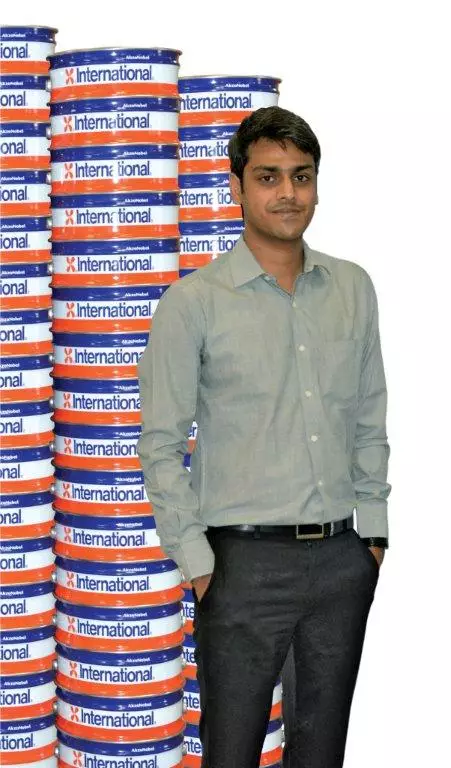
A year later, Halan went about setting up a metal conical pail manufacturing line in one of the heavy industrial sheds on the four-acre land that also houses Konvertor's paper tube business in Chakan, Pune.
In India, conical metal pails are widely used for packaging of solvent-based products such as paints, inks, coatings, etc.
“Many customers were importing conical pails. And though there were few suppliers in India, the quality wasn’t quite satisfactory. I could see the potential. It was a new idea. Even today if you look at the conical pail market, it is still at a nascent stage. Out of ten customers, only two are using conical pails, remaining eight are still with the cylindrical drums.”
For Konvertor, entering the cylindrical drum market was inevitable. “When we ventured into metal packaging, we realised that we cannot sustain only with making conical pails. That’s how we started manufacturing cylindrical drums. Over the last five years, the conical pail market has seen growth,” says Halan.
Today, Konvertor’s client roster has A-listers from marine paints industry, automobile industry, makers of mobile panel coatings, wood finishes, inks, etc.
Countering technology challenges
In the first year, Konvertor manufactured 3,500 containers. However, the firm closed the last financial year making more than 11-lakh units. Undoubtedly, Konverter has set up an efficient facility, that could scale up 300-fold growth in a span of five years.
Konvertor has a semi-automatic line with a conveyor system and imported machines. The process involves printing, slitting, press operations, body making, testing, quality assurances and finishing.
As a step to automate the process and improve on the safety parameters, it has introduced presses with auto feeders, so there will be no humans at the punching stations.
According to Halan, the biggest requirement of any customer when he is buying a metal container is Omit leakages. “There are five to six weak points where leakages can occur. What we need to understand is how technology can help us in omitting those leakages.”
Halan passionately explains how sound investments in technology have helped the
firm to get rid of challenges in manufacturing a perfect product. “In metal containers, there is a handle which is welded to the drum walls. Whenever you weld the handle, it punctures the steel and a minute deviation in the process causes leakages. Again, instead of welding, one could go for riveting, but there the drills tend to get bigger leading to leakages.”
When in an exhibition Halan came across a technology called Heat Rivet that uses heat to fuse the two metal parts together without piercing any hole, he didn’t waste a minute before investing in that technology. Two years on, and Halan proudly assures that there has been not a single customer complaint regarding handle related leakages.
Similarly, the firm introduced a technology to make sturdier lids for conical pails. “We are perhaps first in India to introduce a seven overlap bottom and top. In the metal packaging industry, the overlaps in the top and bottom are usually five.”
As per Indian Institute of Packaging’s test procedures, if a metal container sustains one drop from a certain height without leakage, it passes the test. Konvertor’s drums and pails can sustain five drops per container.
“This is our answer to the challenge supply chain in India which has multiple human touchpoints between the manufacturer and the end user.”
The company has also invested in a fully automatic leak testing machine wherein every individual container undergoes leak testing thus eradicating human error at the time of detecting leakages.
Konvertor’s latest investment is a Japanese single-colour Fuji Kikai metal printing machine. Halan says, “Printing was a big challenge initially. We approached expert printers and started outsourcing printing. Later, we invested in a Made in India printing machine.
As we realised the limitations of the India-made printing machines, we placed an order for a sophisticated printing machine which is due to be installed in August.”
Competing plastics
"The big challenge for metal conical pails is plastics," says Halan.
"Metal conical pails are used for packaging of solvent-based products, wherein plastic buckets are not suitable. Plastic pails are used for packaging of decorative paints, which are water-based products."
The advantage, according to Halan, is that a plastic pail cost half as much of a metal conical pail. Plus logistically speaking, plastics weigh much lower than metal. The recent drop in global crude oil prices has added to the woes of conical pails as the gap has further widened between the two types of packaging.
"However, in the Middle East, we have developed metal pails for the water-based paints. It’s an expensive proposition as compared to the plastic buckets and hence not feasible in India. The Middle East market is dominated by metal containers, even most of Western Europeans regions use metal containers."
Halan feels that the metal packaging players, who are competing with each other, however, should be competing with plastic manufacturers.
"The day the plastics industry will invent something for the solvent-based products, metal packaging will feel the brunt," says Halan. He adds, "In India, price always plays a bigger role above everything else. Also, there is lack of stringent environmental norms against plastic packaging. Hence, unless and until there are strict government regulations, plastics will continue to reign."
The way forward
Konvertor’s vision is to be a complete metal packaging solution provider. Currently, it supplies conical and cylindrical drums from 10 to 30-litre capacity. The plan is to manufacture 1-5 litre round and square shaped cans.
“We have already procured the machines. These machines should be installed and commissioned by September 2016.
In order to locally cater to its clients, the company has decided to go multi-locational. It is setting up a unit in Bengaluru.
Globally, Konvertor has appointed sales representatives in South East Asia and Oceania Region to target global markets. The company recently exported pails to New Zealand and Mauritius and hopes to expand further in global markets.
“When we started, the initial cost of construction and the machinery was Rs 25 million (land was already available). Today, the total investment is anywhere between Rs 80-90 million for the entire project.”
There are less than ten players in the country in the metal conical pails market. But while Konvertor is manufacturing one lakh pails per month, its second biggest competitor is grappling with 15,000 pails. Clearly, Konvertor is a winner.


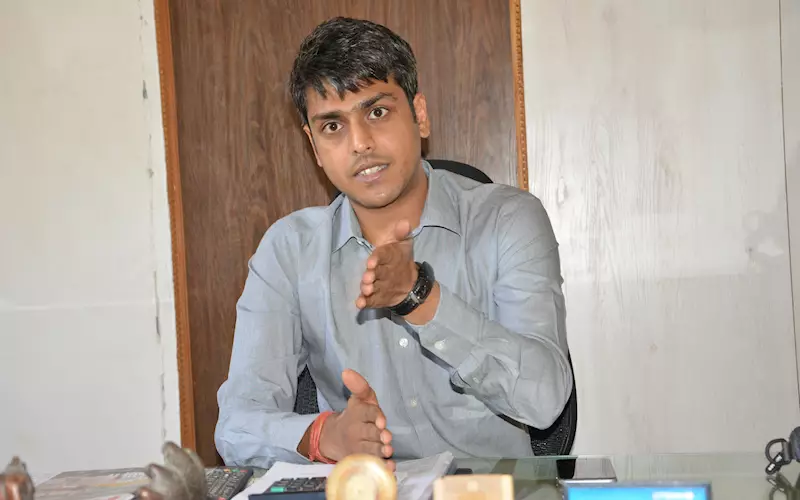
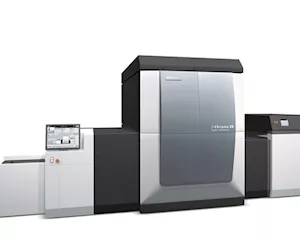
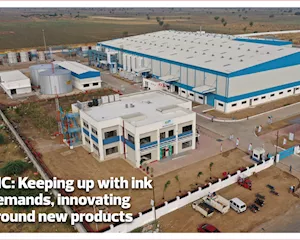
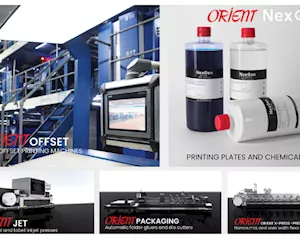
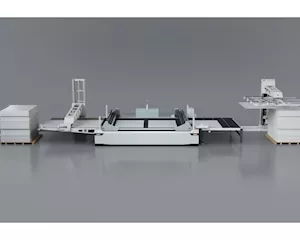
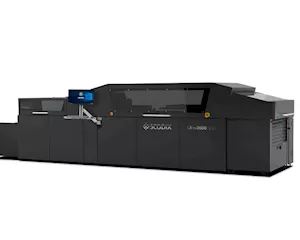






 See All
See All